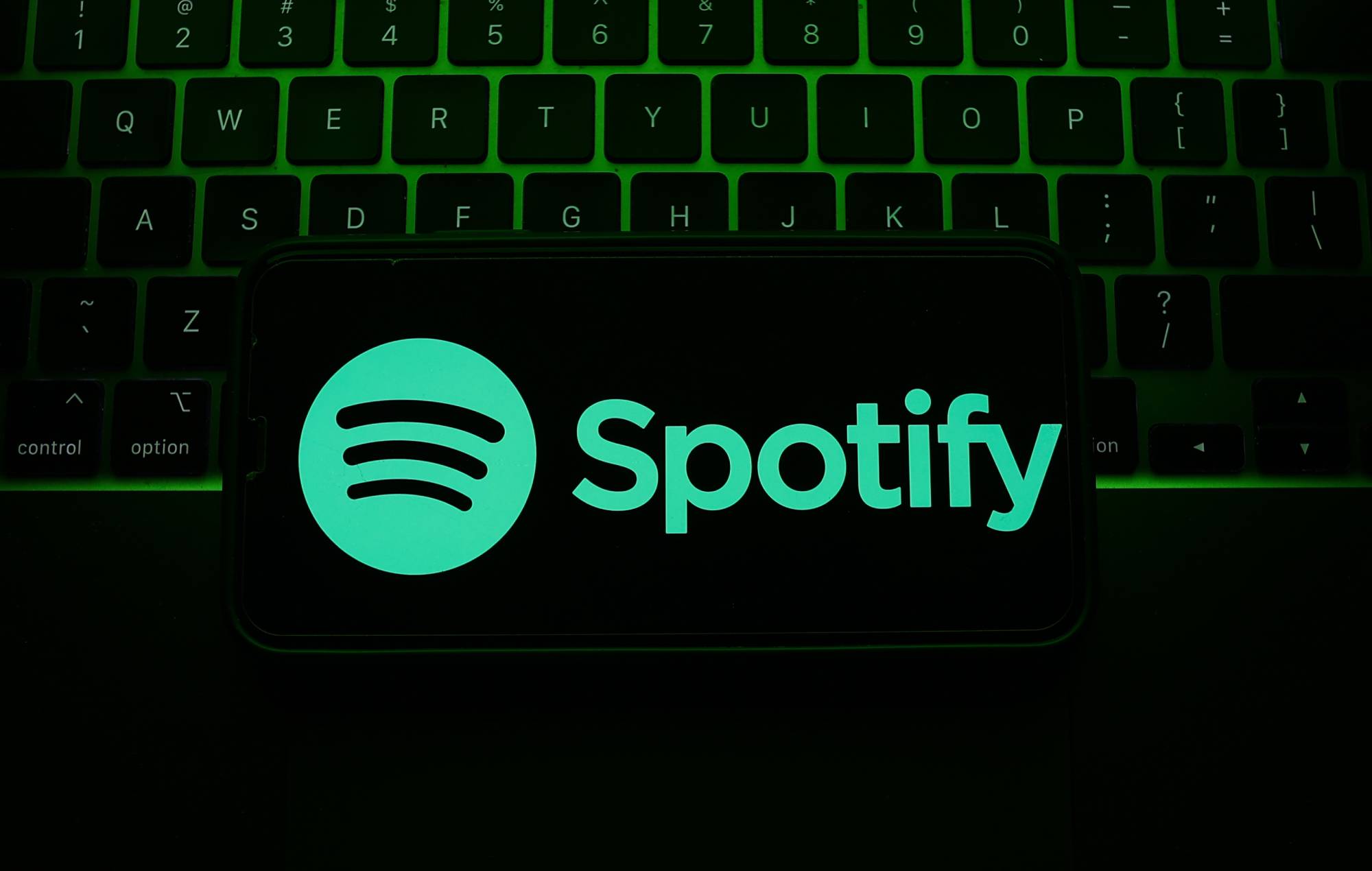
Spotify has confirmed it will no longer provide its services in Uruguay following the country’s copyright law that would require “equitable remuneration” for artists.
The plan to end service in the Latin American country was confirmed on Monday, November 20 by a Spotify spokesperson (per Music Business Worldwide). The spokesperson confirmed that the music streaming service will begin to “phase out” its service in Uruguay on January 1, 2024 and cease operations fully by February.
“Changes that could force Spotify to pay twice for the same music would make out business of connecting artists and fans unsustainable, and regrettably leaves us no choice but to stop being available in Uruguay,” added the spokesperson.
According to Mixmag, “Rendición de Cuentas,” the name of a bill that was approved by the country’s parliament, was introduced earlier this year by the Uruguayan Society of Performers (SUDEI) and proposed to amend both 284 & 285 of the Uruguay copyright law.
The amendment will also introduce a requirement for “fair and equitable remuneration” for artists in regards to their recorded material.

Spotify shared a statement explaining their decision to end service in the country and said: “Without clarity on the changes to music copyright laws included in the 2023 Rendición de Cuentas law – confirming that any additional costs are the responsibility of rights holders – Spotify will unfortunately begin to phase out its service in Uruguay effective January 1, 2024, and fully cease service by February.”
“Spotify already pays nearly 70% of every dollar it generates from music to the record labels and publishers that own the rights for music, and represent and pay artists and songwriters,” it continued.
“Any additional payments would make our business untenable. We are proud to be their largest revenue driver, having contributed more than $40B to date. And because of streaming, the music industry in Uruguay has grown 20% in 2022 alone.”
Earlier this month, Spotify confirmed the streaming thresholds for its new royalty model.
According to a Billboard report, a track would have to meet a minimum annual streaming threshold before it would start to generate royalties.

However, the streaming threshold at which tracks will generate royalties has now been confirmed in a Consequence guest column by Kristin Graziani, president of music distribution platform Stem.
“After doing some analysis on what Spotify has actually communicated to distributors, we can say that in reality, these changes are intended to benefit emerging and growing artists,” Graziani wrote.
According to the article, Spotify is introducing three new policies in 2024. Firstly, all tracks will have to reach a minimum streaming threshold of 1000 streams within 12 months to be paid a royalty.Secondly, labels and distributors will be charged a penalty for delivering content responsible for fraudulent streams.
And finally, functional tracks, like white noise or environmental sounds, for example, will require a longer minimum play time than music tracks to earn royalties. Graziani said that “Spotify is starting to take steps in the right direction”.
Last year, the CMA formally launched a new study to examine the music streaming market in which it considered “whether innovation is being stifled and if any firms hold excessive power”.
The findings were published in a report, which found that analysis “suggests it is unlikely that an intervention by the CMA would release additional money into the system to pay creators more”.






